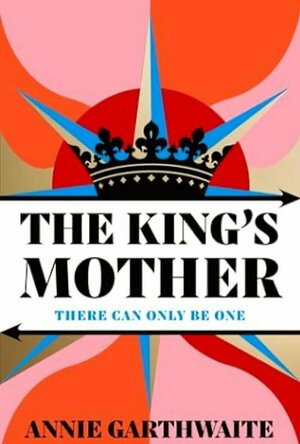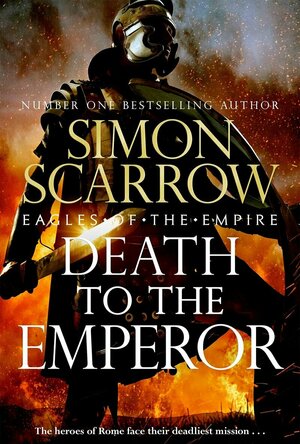ClareR (6067 KP) rated The King’s Mother in Books
Jan 7, 2025
This novel explores those things that the women, in particular, would have experienced. Their lives wouldn’t have just been about waiting for their husbands, sons and fathers to come home, it would have been about the relationships with other women, their children, and in Cecily’s case, about her relationship to the throne and those in power.
Cecily was a formidable woman (as was Henry VII’s mother, Margaret Beaufort). She saw the death of her husband, sons, and regime changes. She backed her sons up, no matter her personal opinions. She was unendingly loyal - but anyone else was fair game!
This is such a well-researched, gripping read. I would have hated to have been in Cecily’s shoes, and she proved that power didn’t always bring happiness.
This was a fabulous read, and I will go back and read Cecily. If you enjoy historical fiction, then this would be a great addition to your TBR!
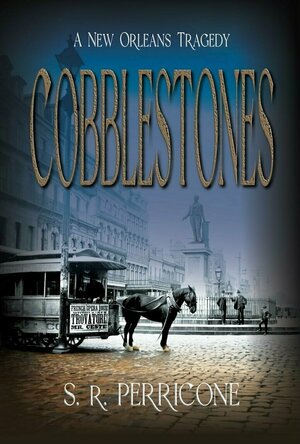
Cobblestones – A New Orleans Tragedy
Book
The turbulent history of Post-Reconstruction New Orleans collides with the plight of Sicilian...
Historical Fiction Crime True Events
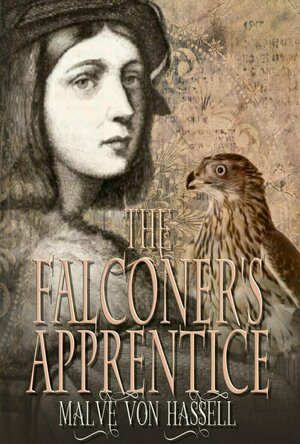
The Falconer's Apprentice
Book
THE FALCONER'S APPRENTICE is a story of adventure and intrigue set in the intense social and...
Historical Fiction Holy Roman Empire Frederick II Castel del Monte Falconry Medieval Medicine
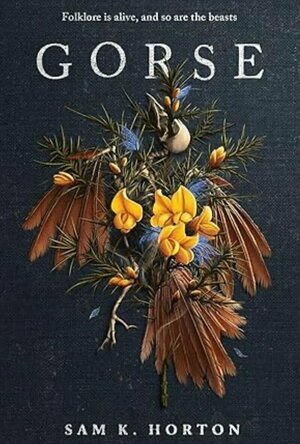
Gorse
Book
The Bear and the Nightingale meets Poldark in this folkloric dark fantasy of faith, magic and...
Historical fiction Fae folklore Cornwall
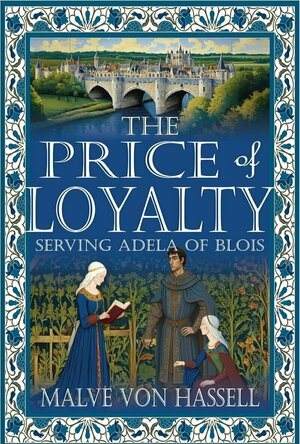
The Price of Loyalty: Serving Adela of Blois
Book
In a time of kingdoms and crusades, one man's heart is the battlefield. Cerdic, a Saxon knight,...
Historical Fiction Medieval France Crusades Adela of Blois William the Conqueror
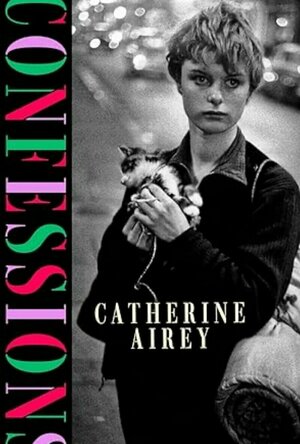
Confessions
Book
I was at a time in my life where I got to thinking more about people's choices – how everything...
Historical fiction
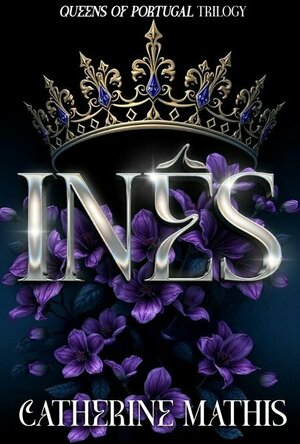
Inês: Queens of Portugal Trilogy
Book
An heir to the throne, a gorgeous blonde lady-in-waiting, the king's trusted advisor. When a father...
Historical Fiction Medieval Biographical
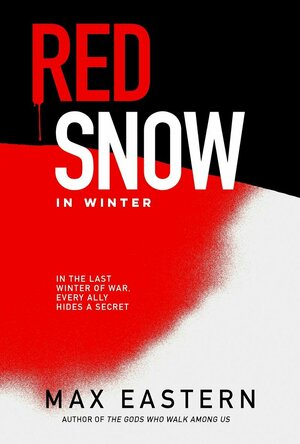
Red Snow in Winter
Book
In the final weeks of World War II, a young American intelligence officer is caught in a web of...
Historical Thriller World War II Espionage Fiction
Deborah (162 KP) rated The Queen's Confidante in Books
Dec 21, 2018
I could explain a bit more about why I wasn't keen on the book, but it would be difficult to do without spoilers, so I suppose I will leave that there. I will just say that I find it hard to credit that when Elizabeth Woodville came out of sanctuary in 1484 she didn't know what had happened to her sons and therefore one would assume that Elizabeth of York would also have known - and she was happy enough to be honoured at her uncle's court that Yuletide. Having the Elizabeth of this book rail against Yorkists when she came from what seemed a close family does seem to me to be somewhat absurd.
There are, also, a number of errors which could and should have been picked up. Another reviewer has already mentioned the note which is shown to two other people on one page and on the following page is apparently a secret! There are also TWO erroneous mentions of Richard duke of York, when the context is reasonably clear the person actually referred to is York's son, Richard Duke of Gloucester - elementary mistake that should not have been made!
Perhaps I have read too many non-fiction books about the period and have formed my own strong opinions to enjoy this book as much as some other reviewers. If it is going to be your 'thing' I can only give you my opinion and leave it to yourselves to determine.
David McK (3705 KP) rated Death to the Emperor (Macro and Cato #21) in Books
Apr 10, 2023
I wondered into a local branch of Eason's, and saw Under the Eagle on offer, sold for an introductory price (which I can't even remember), and with a blurb that sounded interesting. That, and a quote from the king of historical action-adventure fiction Bernard Cornwell that 'I really don't need this kind of competition ... a great read'.
Jump forward just over 20 years, and we're now onto book #20 in the series, and back in the Roman province of Brittania after the intervening books have had us all over the Roman Empire.
The series has also lost the 'Eagle' that was always included somewhere in the earlier titles (Under the Eagle, The Eagle's Conquest, The Eagle and the Wolves etc), with that word last used in the title in entry # 7 (The Eagle in the Sand).
That's not all that has changed: Cato is no longer the scared young man he had been in the first entries; Macro no longer the seasoned Centurion. Now, Macro is retired from active service whilst Cato - who now has a family of his own - has risen in rank above that that Macro ever reached but is still firm friends with the latter.
We've now also reached a pivotal moment in Roman Britain history, with the Boudicean revolt just about to kick off (as it does here) and as the Romans finally capture and raze the Druid stronghold of Mona.
Those two events form the backbone of this novel, with Cato involved in the attack on Mona whilst Macro is charged with the defence of Camulodunum (Colchester) and in charge of the Roman Reserves there whilst the main army is away on campaign, just after the Governor of Britain has further alienated their Icenian allies.
As with all of the Simon Scarrow books I've read, the history is worn lightly enough to make an enjoyable read: this is not a dry, stuffy retelling of events but rather uses the real historical events as the backbone for the story being built around it.
This, I have to say, is also the first in the series that I can remember ending in a definite cliffhanger ...
(I might have to go back and re-read the previous now)
